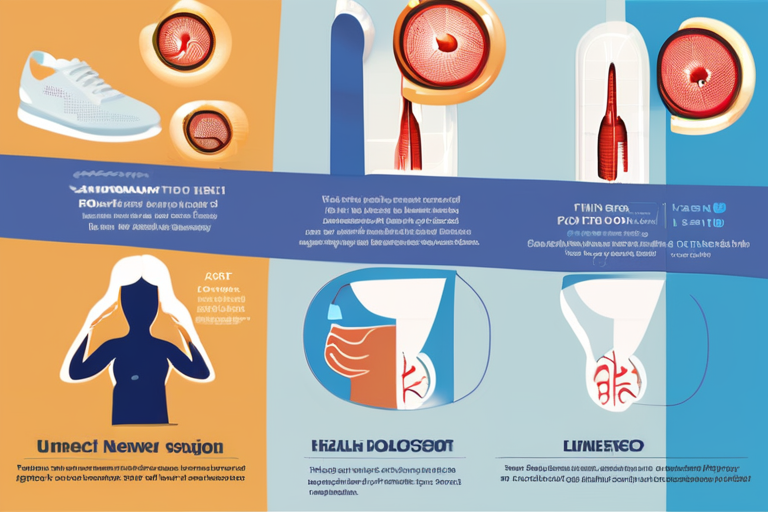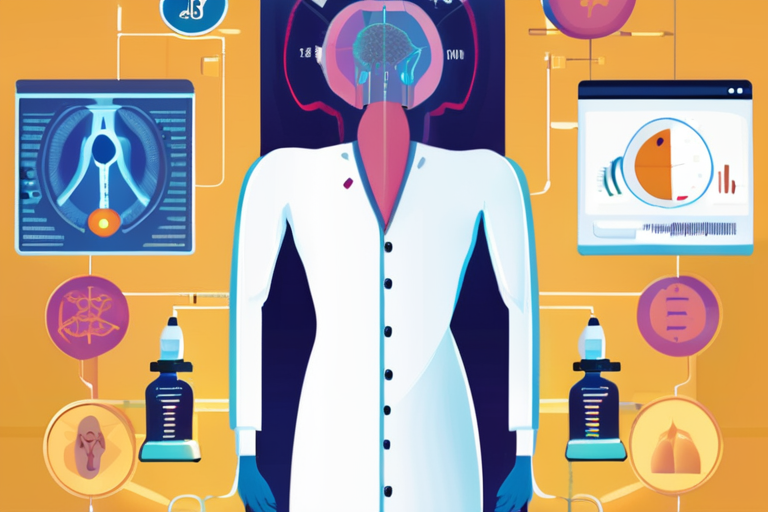Scientists Detect Cancer 10 Years Early with Groundbreaking New Blood Test


Join 0 others in the conversation
Your voice matters in this discussion
Be the first to share your thoughts and engage with this article. Your perspective matters!
Discover articles from our community

 Hoppi
Hoppi

 Hoppi
Hoppi

 hoppi
hoppi

 Hoppi
Hoppi

 Hoppi
Hoppi

 Hoppi
Hoppi

The Immune System Revolution: How a Single Test Can Reveal Your Health Score In a groundbreaking development that's set to …

Hoppi

Someones cervical cancer risk could be gauged non-invasively by collecting and analysing samples of their urineSolStock Urine tests seem to …

Hoppi

New Test Reveals the Health of Your Immune System: A Breakthrough in Personalized Medicine A revolutionary new test is being …

hoppi

Breaking News: Rishi Sunak Demands Immediate Action on Prostate Cancer Screening Former Prime Minister Rishi Sunak has called for a …

Hoppi

New Test Reveals the Health of Your Immune System A groundbreaking new test is being developed to measure an individual's …

Hoppi

New Test Could Reveal the Health of Your Immune System A groundbreaking new test is being developed to measure immune …

Hoppi